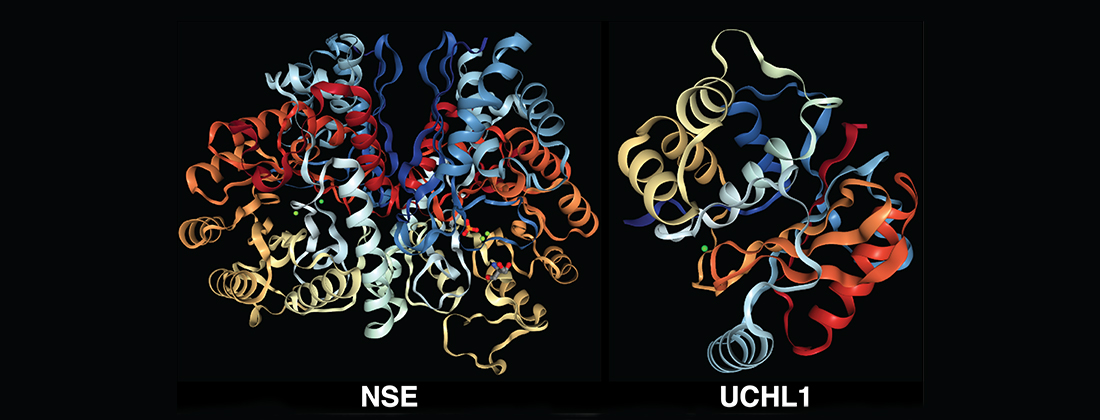Clinical Trial Readiness Grants Aim to Set the Stage for Rare Disease Clinical Trials
March 17, 2020
An estimated 25–30 million Americans are living with a rare disease. Many have difficulty getting an accurate diagnosis and effective treatment. To close this gap in care, NCATS collaborated with the Eunice Kennedy Shriver National Institute of Child Health and Human Development (NICHD) to create the Clinical Trial Readiness (CTR) for Rare Diseases, Disorders, and Syndromes grants program. Modeled after a grant program at the National Institute of Neurological Disorders and Stroke, these grants support projects focused on collecting the data needed to move promising rare disease therapies and diagnostics to clinical trial. To date, the program has awarded seven two-year grants through two separate funding opportunities.
CTR Program Goals
Scientists often do not have enough information about a rare disease’s symptoms, progression and biology to design a clinical trial. They also can lack the necessary biomarkers and other metrics that can help them determine disease status and eventually, whether an investigational therapy is working. The CTR program is specifically designed for candidate therapies and diagnostics for rare diseases with preliminary data supporting their effectiveness, but that are not quite ready for clinical trial testing. Its goal is to improve the chances that these candidate therapies or diagnostics will succeed in clinical trials.
Many CTR grantees are part of the Rare Diseases Clinical Research Network (RDCRN), an NIH program managed by NCATS that is designed to advance research on rare diseases’ development and progression, support clinical studies and facilitate collaboration among institutions. CTR grantees are not required to be part of the network.
First Round of Grants
In its first round of funding in 2019, the CTR program provided more than $1.5 million for seven projects in their first year focusing on a range of rare disease areas, including metabolic, neurologic, developmental, immunologic and renal conditions. Massachusetts General Hospital, for example, received a CTR grant to develop early biomarkers of prion disease, a fatal and untreatable neurodegenerative disease. Understanding early biomarkers of prion disease will help scientists to test new therapies in early disease stages, when therapy is likely to be most effective. The Medical University of South Carolina received a CTR grant to develop a tool for detecting a renal condition that causes kidney transplants to fail in patients. The project’s results could allow other researchers to the develop tools for diagnosing additional rare kidney diseases.
Other recipients of the first round of CTR funding include the University of Minnesota, Children’s Research Institute, Children’s Hospital of Philadelphia and the University of Iowa.
NCATS and NICHD expect to award additional CTR grants in 2020 and 2021 through the NIH Small Grant (R03) and Exploratory/Development Research Grant (R21) programs, with applications due in June and October of each year.
Learn more about the CTR grant program.



